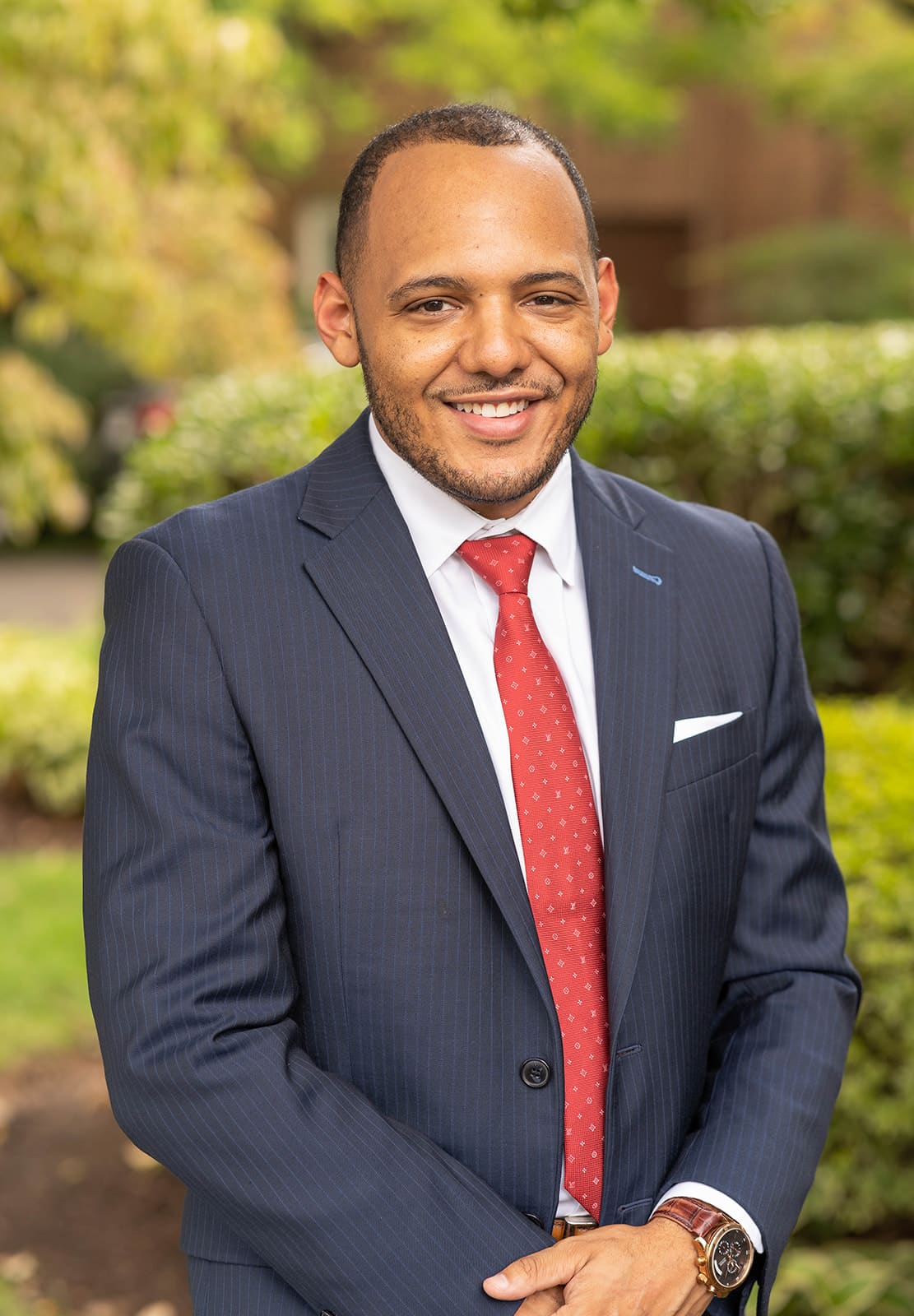- Formal kinship care: When an individual caring for a child with state approval or appointment i.e., a family court guardianship order in place or a child being placed in foster care or the local social services (family services/child protective services).
- Informal kinship care: When a relative cares for a child due to serious family hardship and the child is not in the care, custody, or guardianship of the local department of social services i.e., caring for an orphaned child without state court or state involvement.
What decisions can I make without a court order?
If you are caring for a child, you will need to make decisions about the child’s health, education, and overall well-being. These decisions can only be made by the person holding legal custody of the child. You are also likely deciding where the child resides, which is made by a person having physical custody.
Either parent or both parents may designate their decision-making authority to a caregiver. This can be burdensome and impractical for longer periods of care. An effective tool to delegate parental responsibilities is a Power of Attorney for a Minor Child (POA).
A POA does not limit the parent’s ability to care for their child or terminate any parental rights. Instead, the POA allows another person to exercise some or all parental decisions for the child until the parent can make the decisions.
Common reasons to use a POA for a child are:
- Long vacations
- Work assignments far from home
- Hospital stays or other health issues that may prevent the parents from caring for the child
- Incarceration
- Deployment for active military duty
Every state recognizes a POA, but each state has its own specific statutory guidelines that must be followed for the POA to be honored. Some states require additional forms that should accompany the POA.
For example:
- In Virginia and Maryland require a Kinship Caregiver Affidavit for the child to be enrolled in school;
- In Delaware and Texas, medical providers look for a Caregiver’s Medical Authorization to consent to medical treatment;
- In Florida, there is a priority for people who can make medical decisions, starting with a court-appointed guardian, then a spouse, adult child, parent, adult sibling, close adult relative, close friend, and finally, a social worker selected by a bioethics committee.
A formal guardianship or custody order from your state court will hold the most authority and give you the most peace of mind. Whether you need assistance drafting documents or filing with the local family court, WhitbeckBennett is here to help.
Contact Us Today
Every state has different laws surrounding what decisions a caregiver can make without a formal arrangement. Contact WhitbeckBennett by calling 800-516-3964 or by emailing clientservices@wblaws.com, to connect with an experienced attorney in your area who can guide you through the process.

Vernon Vassallo
Associate Attorney
